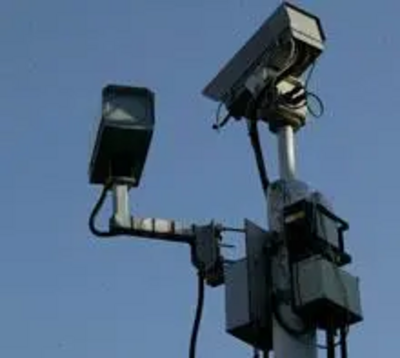Restricting the Council's Own 'Snooping' Powers

You may have read in yesterday's Times and Citizen newspaper, or heard on Heart FM this morning, about my reforms to the Council's policy on the use of the excessive powers it has to conduct covert surveillance on local residents. We've restricted the council's own powers to spy on residents, and introduced transparency into how the Council uses the powers.
The system introduced under the Regulation of Investigatory Powers (RIPA) Act 2000 gives Councils sweeping powers to spy on residents and households on the basis of suspicion or the hope that the action will help prevent crime or disorder. No public scrutiny or oversight by elected representatives is required, while use of these potentially intrusive powers can be authorised by staff at a wide range of levels within councils. With this system in place, it is probably not surprising that around the country there have been some very alarming cases of the powers being misused, for example the case of a council spying on parents incorrectly suspected of using a false address to get their child into a preferred school and numerous cases of councils spying on their own staff.
That's why we're limiting the Council's own power in this area and introducing transparency to the system. Not because Bedford Borough Council has been abusing the powers, but because we need to make sure it cannot do so in the future. We are also ensuring that local residents can have absolute confidence that Bedford Borough Council will not, and cannot, misuse these sweeping powers against them in any circumstances. We are limiting the number of staff who can use the powers to only the most senior officers, and have introduced a new requirement that every use of the powers by the Council must be reported to the public meetings of the Council's Executive four times a year. This will give all residents the opportunity to see for themselves where these powers are used, and mean that publicly accountable elected representatives will have a role in overseeing their responsible use.
This is part of our ongoing drive to open up the Council to local residents, following measures including the removal of barriers to public questions at Council meetings, publishing all payments over £500 and the requirement for just thirty signatures on a petition to trigger a public debate at a meeting of the Full Council.
